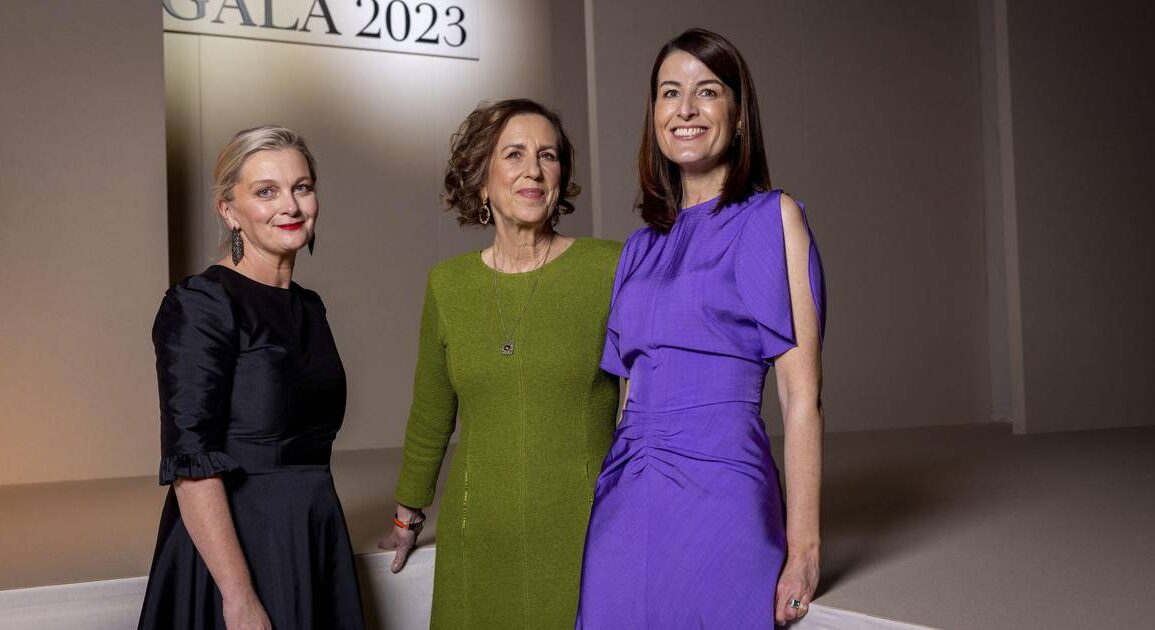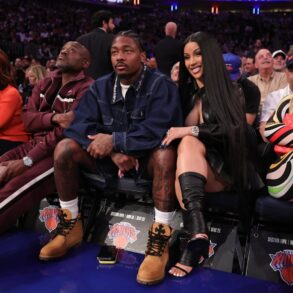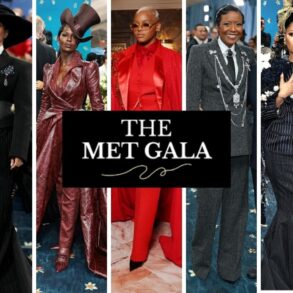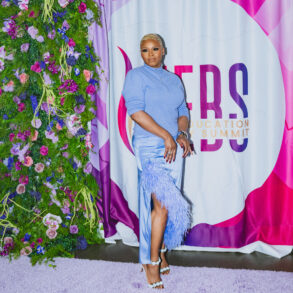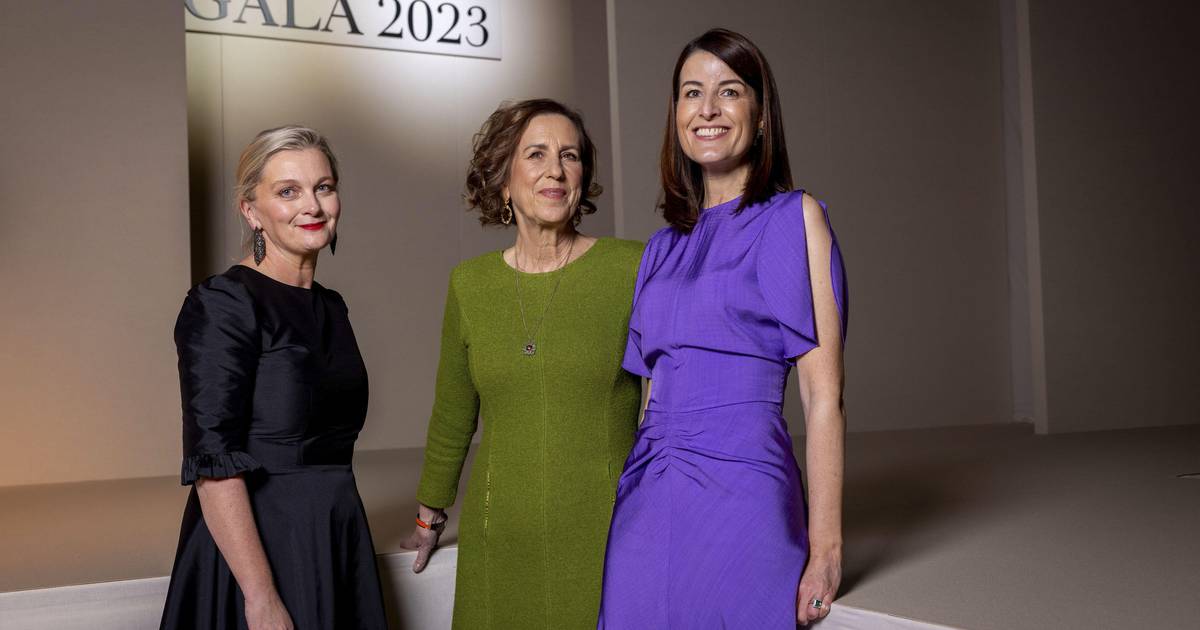
The champagne flowed, as did the gin, the prizes and the fashion. At The Gloss gala event, guest speaker Kirsty Wark hailed “the power, the sisterhood and the smarts” of the 1,600 women attendees, encouraging them to be allies and mentors to each other – unlike one notoriously reluctant interviewee from early in her BBC career.
Wark, who recently marked her 30th anniversary presenting the BBC’s Newsnight by announcing she will step down after the next UK general election, said she had not encountered a man who objected to being interviewed by a woman. Margaret Thatcher, however, was famously “more comfortable” in the company of men, with Downing Street attempting to block Wark’s 1990 interview with the then British prime minister.
“I think it was genuinely that there was an insecurity there about other women. She needed to be the best, and she could be different as the only woman in a group of men,” Wark said to The Irish Times afterwards.
The Scottish journalist and novelist thinks the next election will take place in May or June 2024, although predictions are complicated by the accelerated nature of the UK political news cycle. But she sounds ready for her Newsnight swansong, “praying” that the election won’t be as late as January 2025, the last possible month.
“There is no pressure on me to go, but there is a lot I want to do. I do believe in the pipeline and I certainly don’t want to block it,” she told women from the worlds of finance, law, media, technology and other sectors who had assembled in the chandelier-decked main hall of Dublin’s RDS for the shindig, held in association with Goodbody.
Some, Wark acknowledged, would not have been born when she started on Newsnight in 1993. Much has changed in the media world since then, but the daily current affairs show is “still a programme of record”, and “it still matters coming on Newsnight”, with the linear audience on BBC Two complemented by “phenomenal” on-demand and social media reach.
Budget pressures on the BBC have prompted reports that Newsnight’s investigative reports could soon be cut.
“I don’t know yet what’s going to happen, but there’s no question that it’s very, very hard for the BBC because we have to save a lot of money, and nobody’s immune from that, and we won’t be immune. And it’s very, very difficult, because at some point, somewhere in the world, there’s a crisis, always,” said Wark.
The author of two historical novels – finishing her third is “a priority” – said her knowledge of Ireland had initially been framed by Edna O’Brien’s trilogy Country Girls, having persuaded the librarian in her girls’ school in Ayr to stock it. She misses the culture-themed panel offshoot Newsnight Review, which she usually hosted, “every week”.
[ Edna O’Brien: ‘If I don’t write, I might as well not live’ ]
While the BBC veteran paid tribute to the resilience of women enduring difficult situations around the world, the prevailing mood of the night, organised by The Gloss publisher Jane McDonnell and editor Sarah McDonnell – who own Gloss Publications in a joint venture with The Irish Times –, was one of release. Virgin Media Television journalist Zara King, the MC, set the tone by admitting she had been “fangirling” over Wark backstage and recounting the “war” of the previous year when one of the few men present won the draw for the designer handbag.
A self-described “tag hag” acclaimed for a sense of style that has evolved since the wide-shouldered 1990s, Wark expressed relief at “no longer having to wear armour plating to be taken seriously” before a catwalk show displaying fashion from Brown Thomas, Arnotts, Marks & Spencer, Avoca, Dundrum Town Centre, Magee 1866 and AndTate.
But, with a front-bench rebellion fast unfolding for Labour leader Keir Starmer, the news did not stop for the clothes – her plan, when she returned to her hotel, was to catch the latest on Newsnight.
This post was originally published on this site be sure to check out more of their content.




